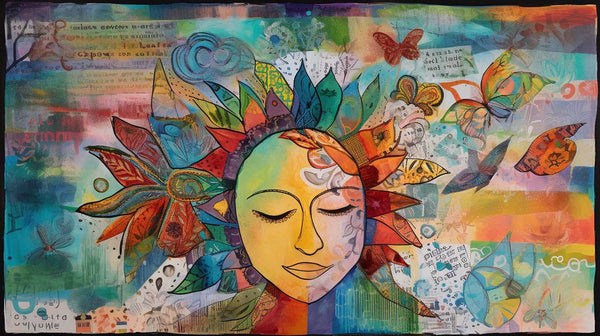Both Sides Now: Joni Mitchell’s Song, Meaning & Autistic ...
Clouds are more than shapes in the sky. They’re feather canyons and ice cream castles, shifting illusions of what lif...

Written by HeyASD.com Team
Discover the articles that other autistic adults are finding most meaningful right now.

Clouds are more than shapes in the sky. They’re feather canyons and ice cream castles, shifting illusions of what lif...

Be inspired with our positive affirmations for autistic adults to reframe negative self-talk, reduce anxiety, and cul...

Finding clothes that feel good shouldn’t be this hard. At HeyASD, we design sensory-friendly clothing with real autis...

Ariel’s story in The Little Mermaid has long resonated with the autism community. Discover how her traits—like intens...

Thoughtful gifts shouldn’t be hard to find. This guide shares some of the best gift ideas for autistic adults, sensor...

Autism hats are more than fashion. This in-depth guide explores their history, types, and benefits — from sensory com...

About the HeyASD.com Team
Autistic‑owned • Values‑led • Sensory‑friendly design
We are autistic creators, writers, and advocates dedicated to producing resources that are practical, sensory-aware, and grounded in lived experience. Our mission is to make information and products that support the autistic community accessible to everyone, without jargon or condescension. Learn more about our team.
This article is written from lived autistic experience and an evidence-aware perspective. It is for general informational purposes only and should not be taken as medical, legal or therapeutic advice.
Always consult a qualified clinician or occupational therapist for individual needs and circumstances.

HeyASD is more than a store, it’s a calm, supportive space for autistic adults and the people who care about them. Explore identity-affirming stories, sensory regulation tools, and uplifting resources from our community.
Thank you for reading. We hope these resources bring comfort and clarity.